The rise in conscious consumerism and fair trade fashion over the past few years has led to positive growth for artisans living in rural communities. Craftsmanship has finally been given the recognition it deserves, and tourists and retailers are beginning to agree to appropriate, fair pricing instead of constantly haggling with artisans for a lower price point.
The impact has been so influential, the need to understand the process of creating such unique, one-of-a-kind goods has peaked the market as well, as young social entrepreneurs and artists spread awareness and education on why traditional crafts from Indigenous communities are in need of support.
As young people from these communities begin to see less value in learning traditional crafts, leaving their rural settings behind for jobs in the big city, it is evident this type of support and engagement with Indigenous communities is crucial, as extinction of these fine crafts is a definite possibility in the future.
Education is the most important part of conscious consumerism, whether purchasing a product or service. Knowing the facts, understand the impact of every decision made, and sharing every experience are the biggest components needed for us to live in a sustainable world. When I came across Thread Caravan, a travel company offering artisan workshops around the world, with a focus on Mexico and Guatemala, I couldn’t help but want to learn more!
Thread Caravan employs local artisans to continue practising their craft without the pressure to sell the goods they produce. This allows for appreciation of the process, and for travelers to learn about traditional craft production in communities where various crafts have originated and have been practised for generations. Their 5 – 7 night trips, which can also be customized for groups, also include adventurous activities such as sailing, hiking volcanoes and visiting ancient ruins.
We connected with Thread Caravan’s founder, Caitlin Garcia-Ahern, to learn about how she got started and how the trips work. See below for a Q & A!
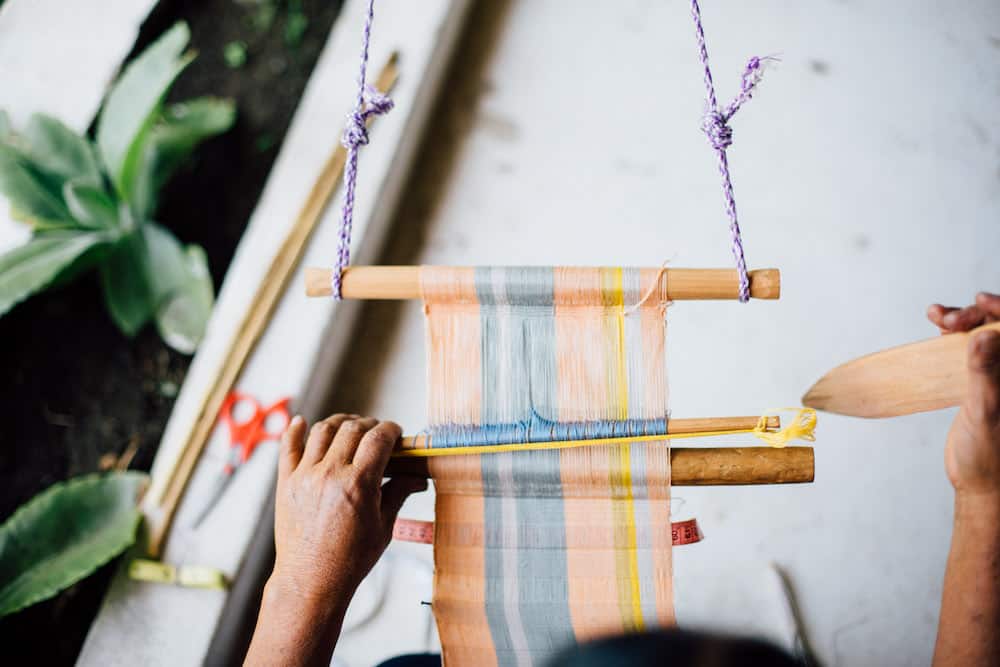
You mentioned your background is mostly in craft and the arts. How did your love for the arts influence the idea of Thread Caravan?
My love for art first took me down the path of working with fair trade clothing and accessories companies. That was about 6 years ago, at a time when people were less aware of handmade processes and often made purchases solely based on price. I felt a desire to bring more education to the work that goes into handmade things, the processes and stories of the people behind them. I also wanted to create a way to employ artisans that didn’t totally depend on consumerism. It took a couple years after working with those fair trade companies for the idea to finally click.
Tell us about how you got involved with the artisans you are working with in Mexico and Guatemala.
I had the idea of Thread Caravan while living in Hawaii, a place I wouldn’t feel comfortable hosting these sorts of workshops because of the tensions between insiders and outsiders. I knew I needed to go elsewhere to start the workshops, and Guatemala seemed like a natural fit – I’d been there before, had a Guatemalan friend who could help me lead the trips, and knew local craftspeople were open to working with foreigners and sharing their knowledge and traditions. I have several mutual friends with the founders of Teysha, and they helped me connect with weavers.
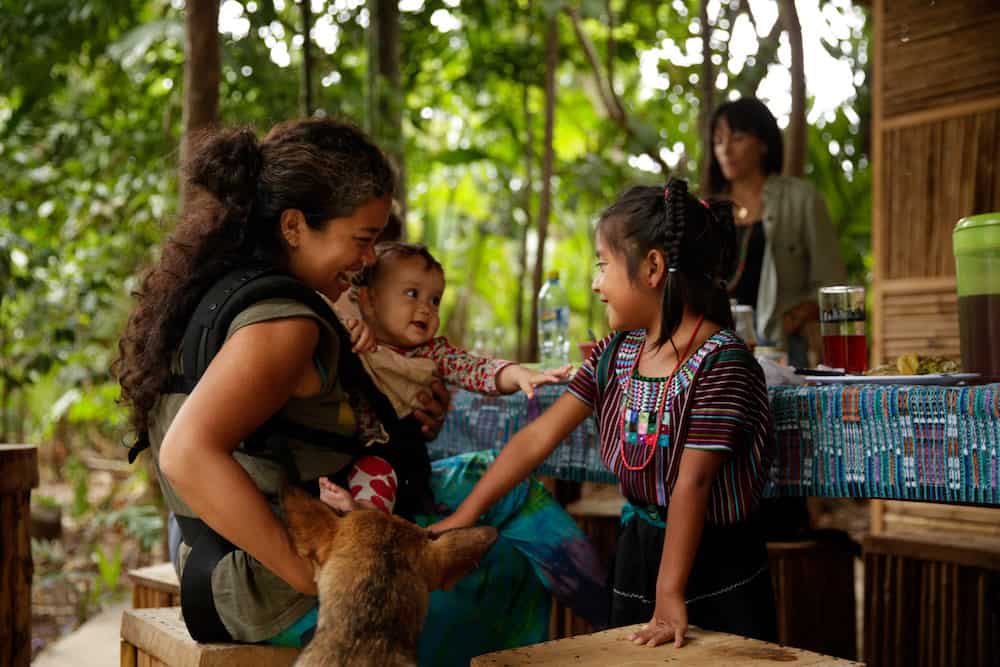
I decided to move to Guatemala, where I lived for one year, at the same time that I launched the workshops. During that year I connected with many craftspeople in both Guatemala and Mexico. One connection led to the next and Thread Caravan is now entwined in a network of creatives in both countries and other areas of the world.
What does a typical day look like for travelers working with the artisans? What does the process of creating their own weavings and textiles look like?
One of the main goals of the trips is to take people through the entire process with a hands-on approach. We spend one day using local plants to dye threads as a group. We then spend a day spinning raw cotton into thread and getting to know more about different textile techniques: brocade, randa seams, and more. And then finally we spend two days with travelers and local weavers working 1-on-1 to create a weaving of their own.
We’ve had people who have no prior knowledge of textile and craft participate in workshops alongside people who have intensely studied weaving, both creating something and learning something new. For less experienced participants, the women they are paired with help guide them through each of the steps with diligence and support. For the more experienced participants, while the techniques may be familiar, they are able to experience the process in a place where it has been done for centuries — to connect with women who so seamlessly fit this skill into their daily lives.
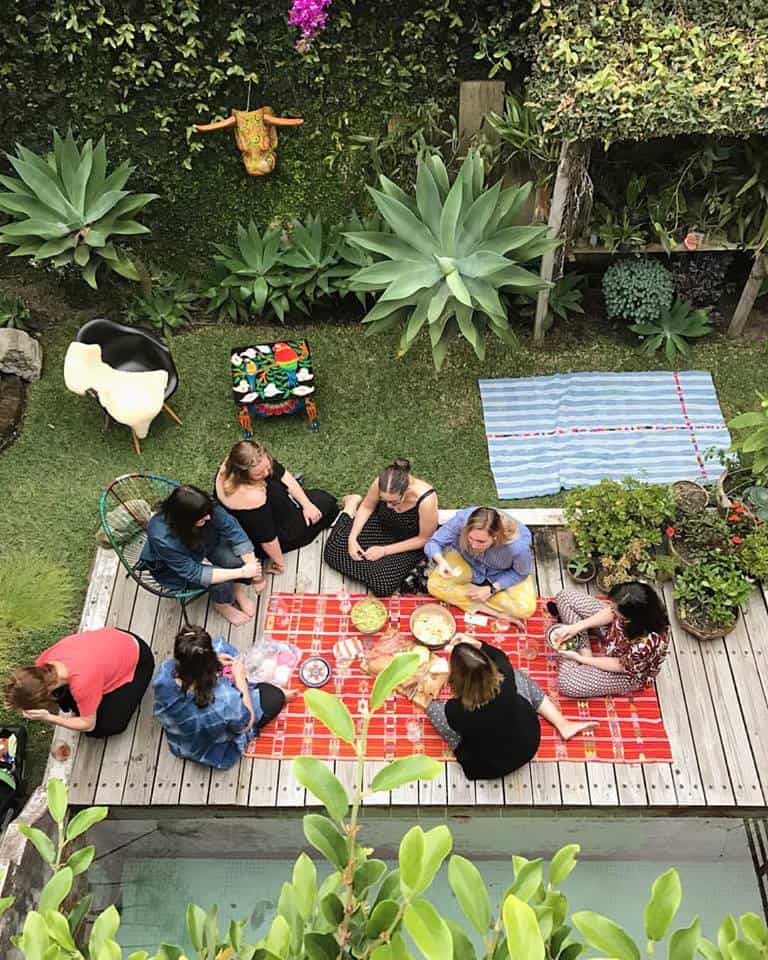
How have you found Thread Caravan’s trip activities have impacted the communities you are working with?
Of course the most direct impact is employing artisans to be instructors. In addition to income for their time teaching, workshop participants often purchase handmade goods from the makers.
An indirect impact, but important nonetheless, is the appreciation artisans receive for their knowledge and skills and the effect that appreciation has on the community. It’s very common for children in artisan communities to not see the crafts their parents do as prestigious or valued.
Even when fair trade businesses are working with artisans, there is often no direct artisan-consumer contact, so the communities don’t feel the sincerity with which their work is appreciated. During workshops, that contact ensues, and not only do artisans feel that sincerity of appreciation, but likely their children and families do too — hopefully changing how craftsmanship is viewed and inspiring children to take up the arts.
Another quick impact: Artisans garner new design inspiration from visitors who bring their different aesthetic tastes.
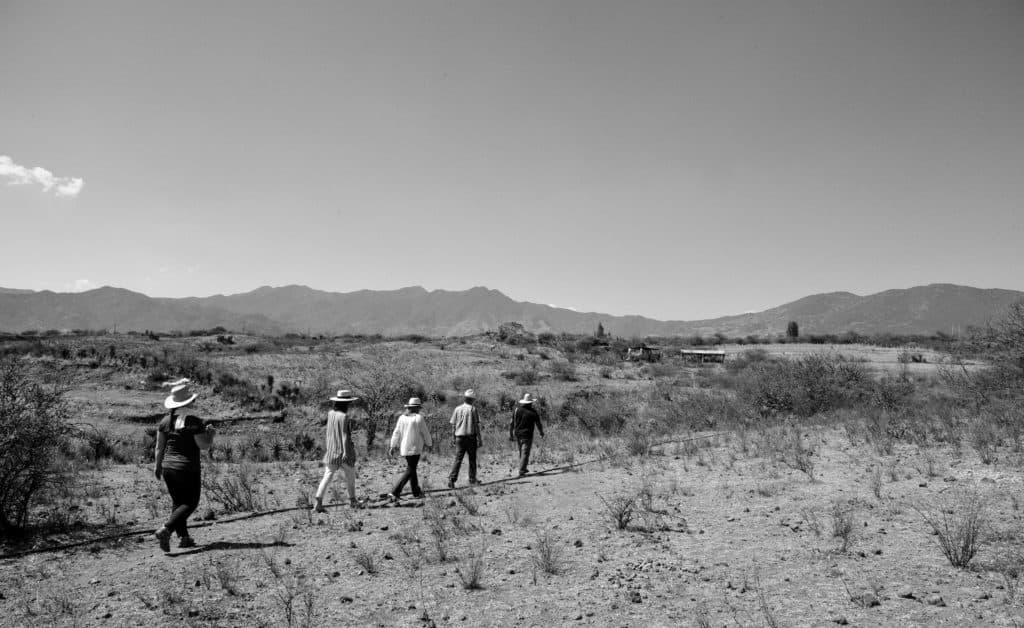
Give us an overview on what travelers can expect from accommodation, food and beverage, and excursions.
Well for starters, our workshops are an almost all-inclusive deal. Cost includes everything in-country except alcohol, souvenirs and extras like massage.
For accommodation, we opt for private homes and boutique hotels, giving the trips a more connected and intimate feel. Breakfast is including but usually a solo endeavor so people can wake up early or late depending on their morning routines. Lunch is usually on site with the artisans and dinner is a family-style affair either at the private homes or at some of our favorite restaurants. All of the places we travel have fresh, local food options, and we work to incorporate that into the trips.
While the focus is always on a specific craft, a visit to these locales wouldn’t feel complete without connecting to the other things that make the place special. So, workshops also include extras like connecting with local creatives, visiting markets, kayaking in a volcanic crater lake, exploring Mayan and Zapotec ruins and visiting a natural infinity pool on the side of a cliff. There is also always some free time for people to relax or do something they have a particular interest in.
What has been some of the greatest takeaways from trip participants?
I think each traveler has their own takeaway based on where they’re at in their lives; but the common theme seems to be garnering an appreciation for craftsmanship. Here’s a direct quote from my friend Daniela, who I met while we both lived in Guatemala, after she attended the Guatemalan weaving workshop: “While living in Guatemala for three years, I became fascinated by the vibrant natural landscapes and the textiles that represented their stories. I always wanted to better understand the significance of this art form in the country’s Mayan heritage. Working one-on-one with a Thread Caravan artisan to learn the history of weaving practices is one of my most memorable travel experiences.
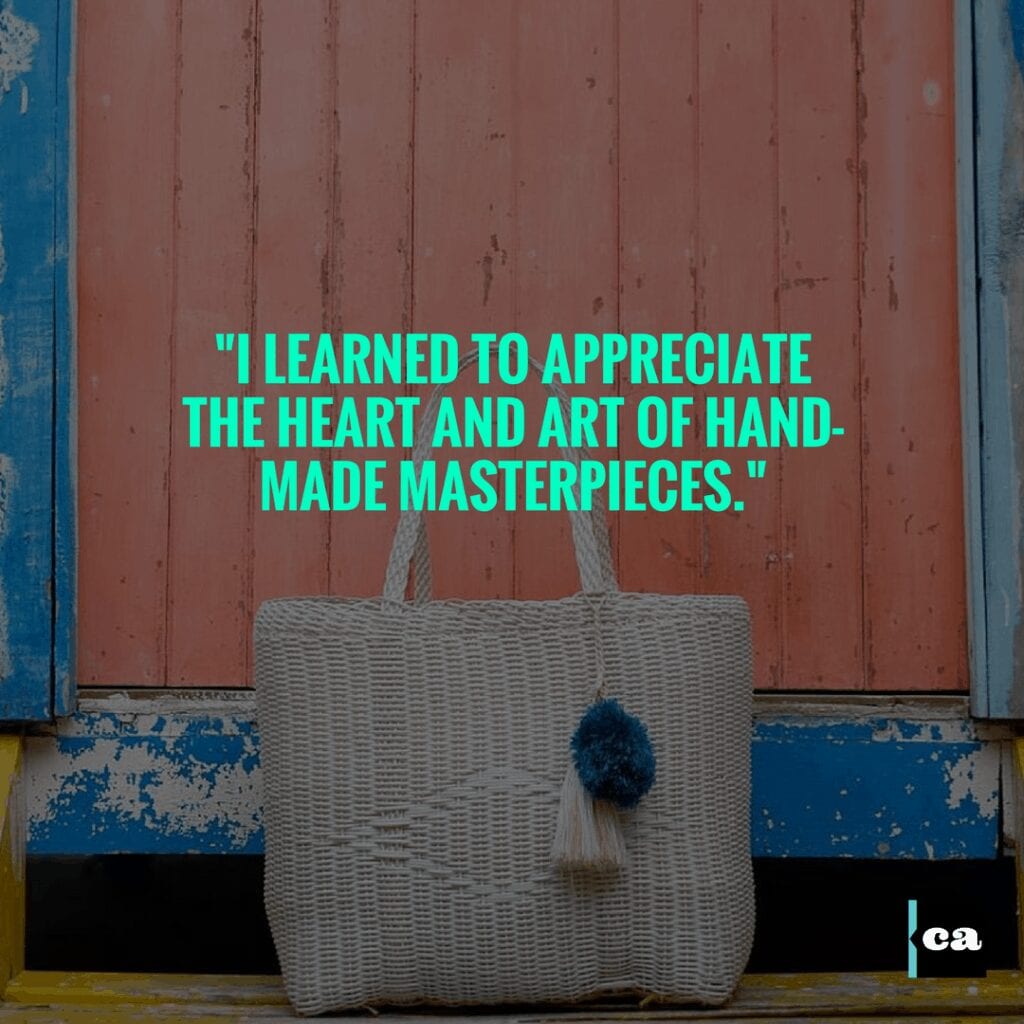
There is no other way to understand the skill, patience and perseverance the designs require than by sitting side by side with a woman who eagerly wants to share her culture and craftsmanship with you.”
Listen to our Causeartist podcasts here.








